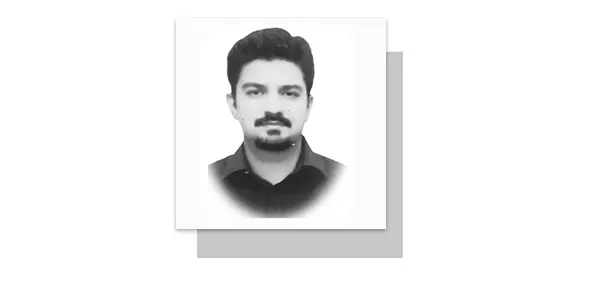Safeguarding Pak doctors from senseless violence
AS a member of Pakistan’s doctor community, I write this article with a heavy heart. For twenty-four years, I have dedicated my life to learning, teaching, and practicing the art and science of medicine in my homeland. However, recent events have shaken me to the core, prompting me to raise my voice against the brutal treatment endured by one of our own, Dr Saad Raffique, at Children’s Hospital Lahore.
As physicians, we are accustomed to facing various physical, mental, and emotional challenges. But we are not meant to be victims of mindless violence at the hands of enraged mobs. Recent media reports suggest that the attendants of a deceased child wanted to publicly lynch Dr Saad to death. Such an incident is not just an attack on an individual doctor; it is an attack on our entire medical fraternity and the values we stand for.
In my opinion, it is essential for doctors to enhance their communication skills and other related soft skills. Effective communication can bridge the gap between doctors and patients, fostering empathy and understanding. By improving these skills, we can build stronger relationships with patients and their families, potentially reducing incidents of aggression born out of frustration and grief.
Furthermore, we must prioritize our own physical fitness and security. As healthcare providers, we often neglect our own well-being while tirelessly caring for others. It is imperative that we pay attention to our own health and safety, ensuring that we are physically capable of protecting ourselves when faced with threats. Self-defence skills should be a part of our training, empowering us to handle physical confrontations if necessary. This applies to doctors of all genders, as no one should feel defenceless or vulnerable in the line of duty.
Addressing the challenges we face requires collective action. Our professional consortiums and organizations must take a stand and advocate for our rights as healthcare providers. We need to reach out to international bodies that champion the rights of health professionals, shedding light on the injustices we endure and seeking support in implementing measures to safeguard our well-being.
Sadly, the threat of doctors leaving the country in search of safer environments looms large. The prospect of a mass exodus of talented physicians to other parts of the world is a painful reality we must confront. To prevent this brain drain, it is crucial for the government and relevant authorities to prioritize the security and well-being of healthcare professionals. By creating an environment where doctors feel valued, protected, and respected, we can encourage them to stay and contribute to the betterment of healthcare in our nation.
In conclusion, the recent incident at Children’s Hospital Lahore serves as a wake-up call for all of us. It highlights the urgent need for improved communication skills, enhanced personal safety measures, and united efforts to address the challenges faced by healthcare professionals in Pakistan. Let us join hands, not just within our own community, but also with international allies, to ensure a safer and more dignified working environment for doctors. We owe it to ourselves, our patients, and the future generations who aspire to serve humanity through the noble profession of medicine.
—The writer is Associate Professor of Public Health, Al-Shifa School of Public Health, based in Rawalpindi.
Email: [email protected]










